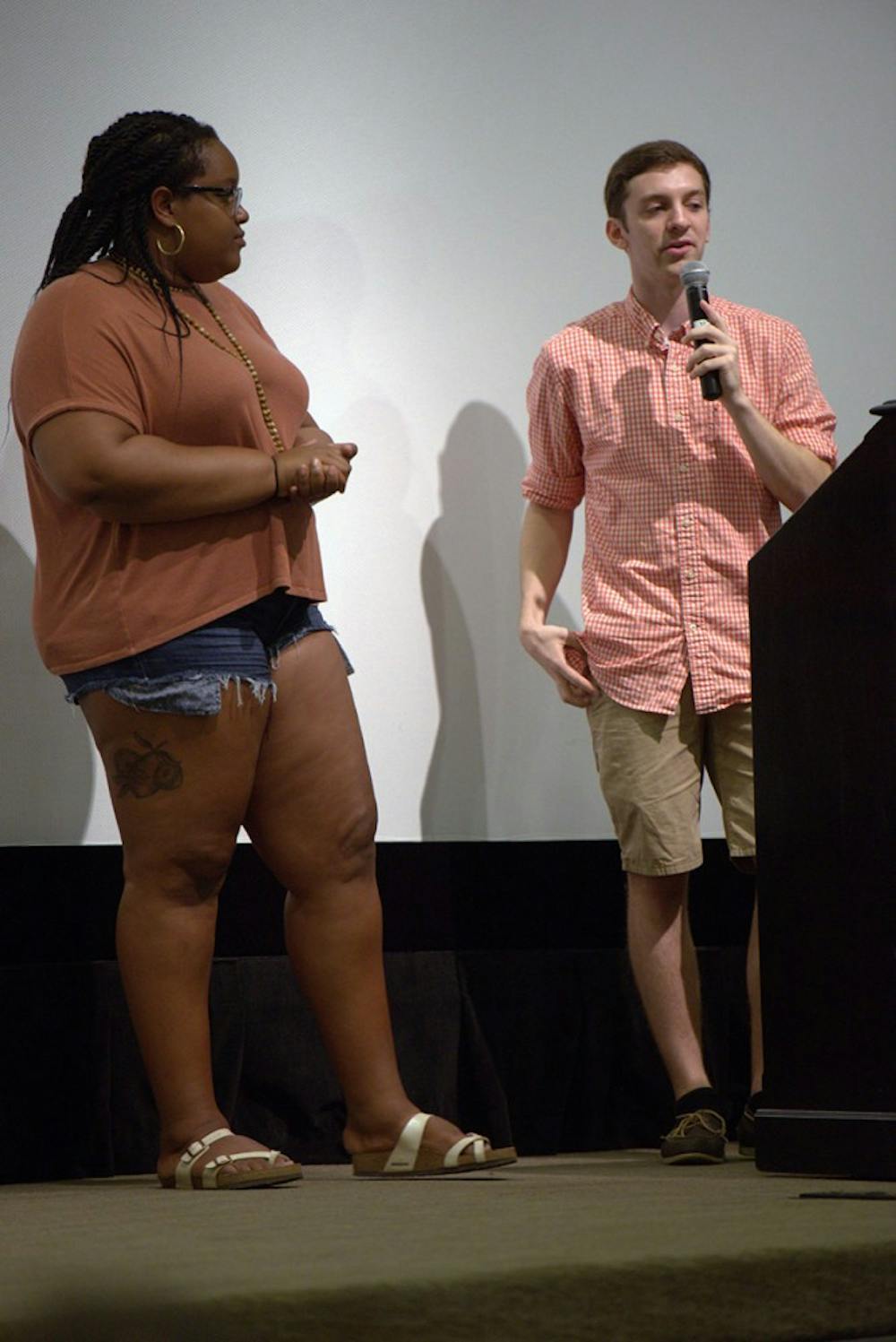Organizations at the University, including Sigma Psi Zeta and the Maxine Platzer Lynn Women’s Center, are hosting a series of events as part of Domestic Violence Awareness Month.
Sigma Psi Zeta (SYZ), a multicultural sorority on Grounds, will be hosting events throughout October. This includes collecting toiletry donations for the Shelter for Help in Emergency, an open forum on sexual violence, a healthy relationships discussion and a hands-on “Love Yourself” event with different stations representing different aspects of domestic violence awareness.
Crystall Gonzalez, a second-year College student and SYZ’s Philanthropy Chair, said SYZ’s national philanthropy cause is to fight violence against women, and that the University’s SYZ chapter works with local groups like the Sexual Assault Resource Agency, SHE and the Women’s Center to do so. In her work organizing SYZ’s events for Domestic Violence Awareness Month, her goal is to make SYZ’s programming more hands-on and service-oriented. She emphasized the toiletry drive and forum on helping friends navigate domestic violence as examples of this mission.
“In the past, we weren’t as hands-on in the community,” Gonzalez said. “I also wanted a hands-on aspect to that as well. So that’s the biggest change we have.”
Javaria Abbasi, a second-year College student and publicity chair for SYZ, said she joined SYZ largely due to their philanthropic cause. She said that as a Pakistani-American woman, counteracting domestic violence is personally relevant to her, her family and her experiences.
She said that growing up in her family, there was a stigma around speaking about even known cases of domestic violence in her own or other families.
“Some of my aunts … were experiencing domestic violence or intimate partner violence that everyone in the family knew about, but there was a stigma against talking about it in open settings,” Abbasi said. “What they told me was that it was a rite of passage ... For generations, women in my family had been going through domestic violence and intimate partner violence.”
But Abbasi said she saw something wrong with the way her family avoided the subject.
“I decided that I didn’t want that to be my story or my younger sister’s story,” Abbasi said. “So I decided that I wanted to make a difference.”
The Women’s Center is also hosting a red flag campaign, workshops and collaborative art projects this month. They are posting red flags around Grounds Oct. 4-13. This effort is part of a larger Red Flag Campaign that was started in Virginia in 2006 and encourages a culture of bystander intervention in which people recognize and respond to potential red flags that could signal sexual assault, dating violence and stalking on college campuses.
The Women’s Center will also be tabling Oct. 16 and 17 on South Lawn with a clothesline project display of t-shirts displaying messages from sexual assault survivors.
In addition to hosting workshops and consultations on consent, healthy relationships and survivor support, the Women’s Center is inviting survivors to a workshop in which they will design their own mandala drawing. The design that each individual creates will be included in a larger mural.
Finally, the Women’s Center is hosting traveling postcards workshops in which people write encouraging messages on unique hand-made postcards to women affected by isolation, violence or repression.
As director of the Gender Violence and Social Change Program at the Women’s Center, Claire Kaplan played a large role in working with the interns to plan these events. According to Kaplan, the Women’s Center began organizing programming for Domestic Violence Awareness Month about 15 years ago. The number of events put on for the month has increased over the years.
Kaplan said she hopes that students realize that help is out there if they need it.
Another organization that advocates sexual violence awareness and education is Take Back the Night, which is holding eight events in April. When asked about DVAM, Alex Smith-Scale, third-year College student and one of the leaders of Take Back the Night, said the month is very effective in communicating its message to those who are already concerned with the issue, but it can be difficult to reach those not as aware.
“I think the hardest thing is reaching the communities that don’t think they have a stake in it,” Smith-Scale said.
Smith-Scale said she got involved in Take Back the Night after being there for friends who had been sexually assaulted and felt like they lost a sense of security.
“I always wanted to get involved in Take Back the Night because I knew how important sexual assault awareness was, and when I actually had friends coming up and telling me they had been assaulted, I was like, ‘Now this is really personal,’” Smith-Scale said. “Giving that autonomy back to survivors is really important to me.”







